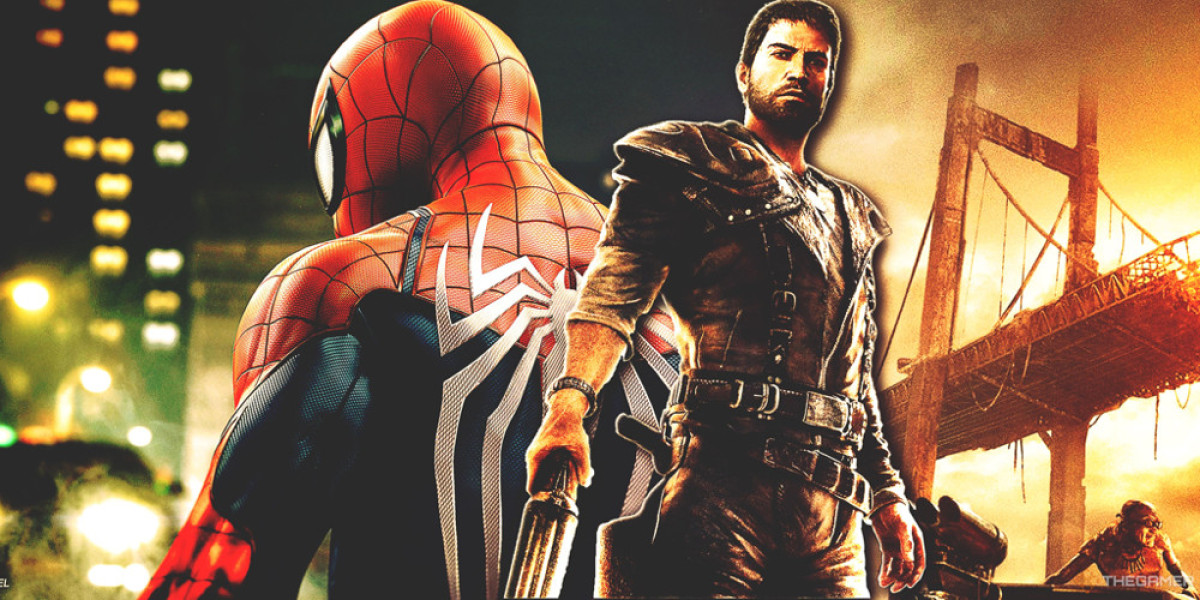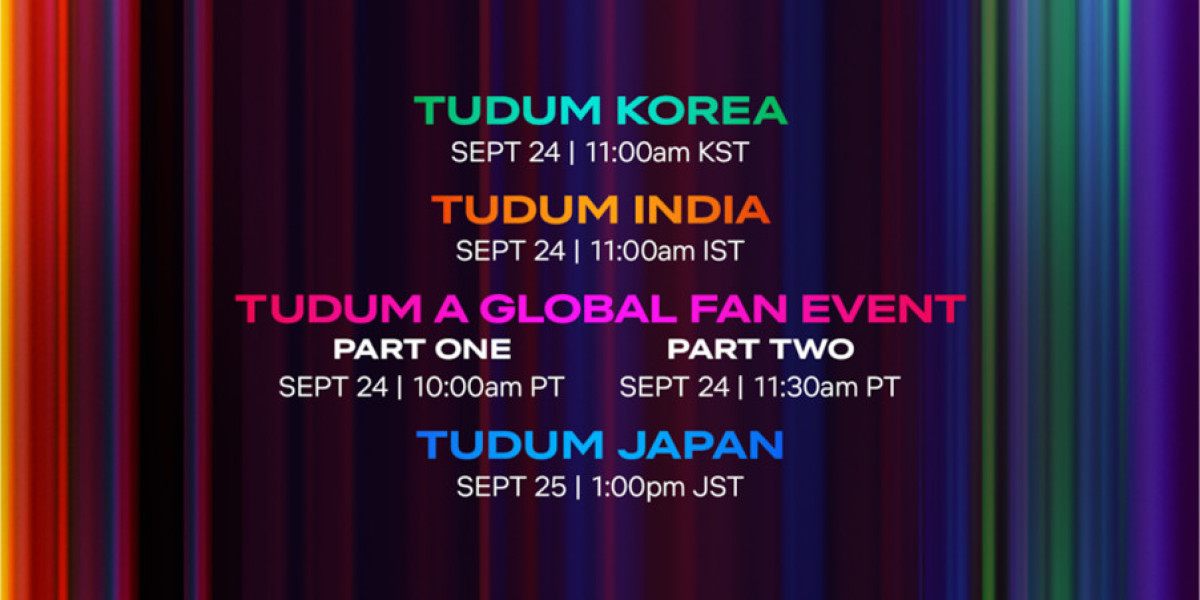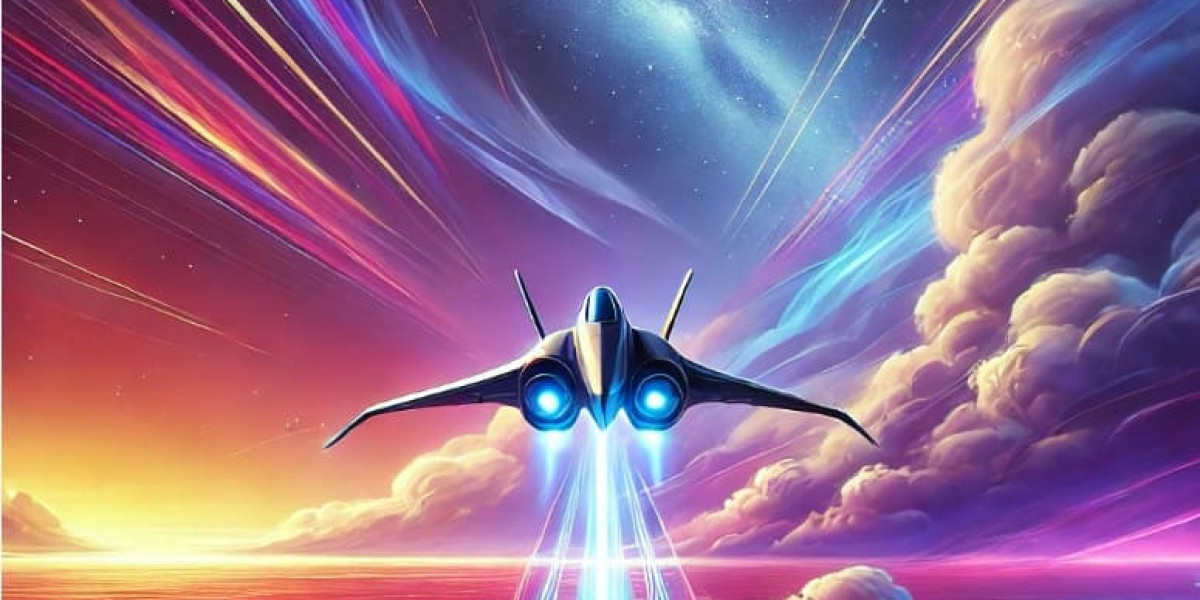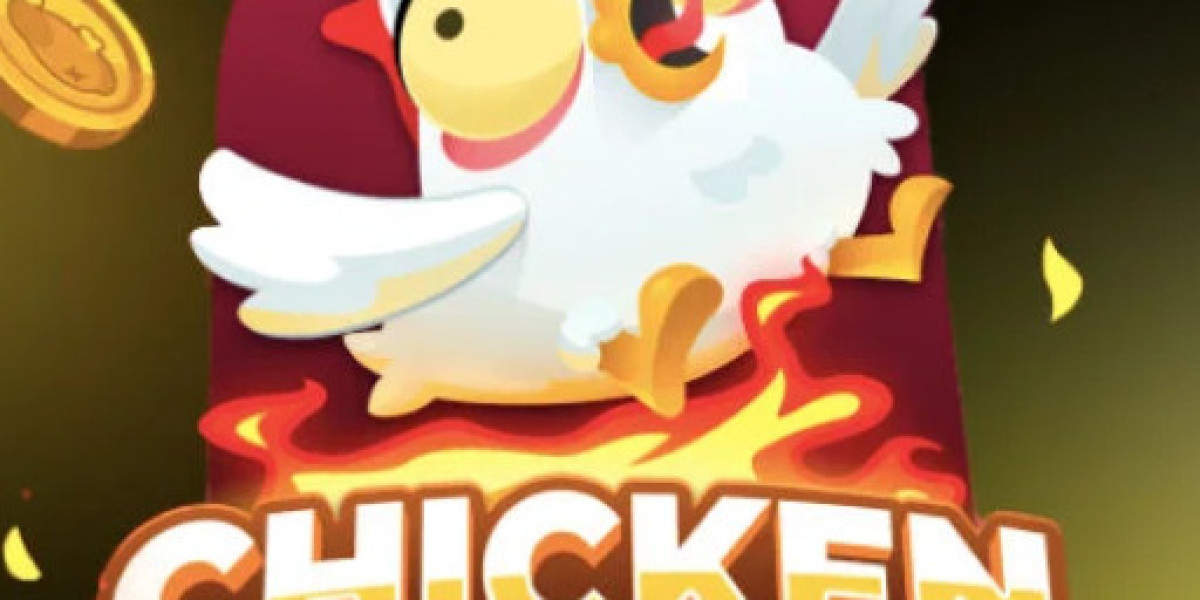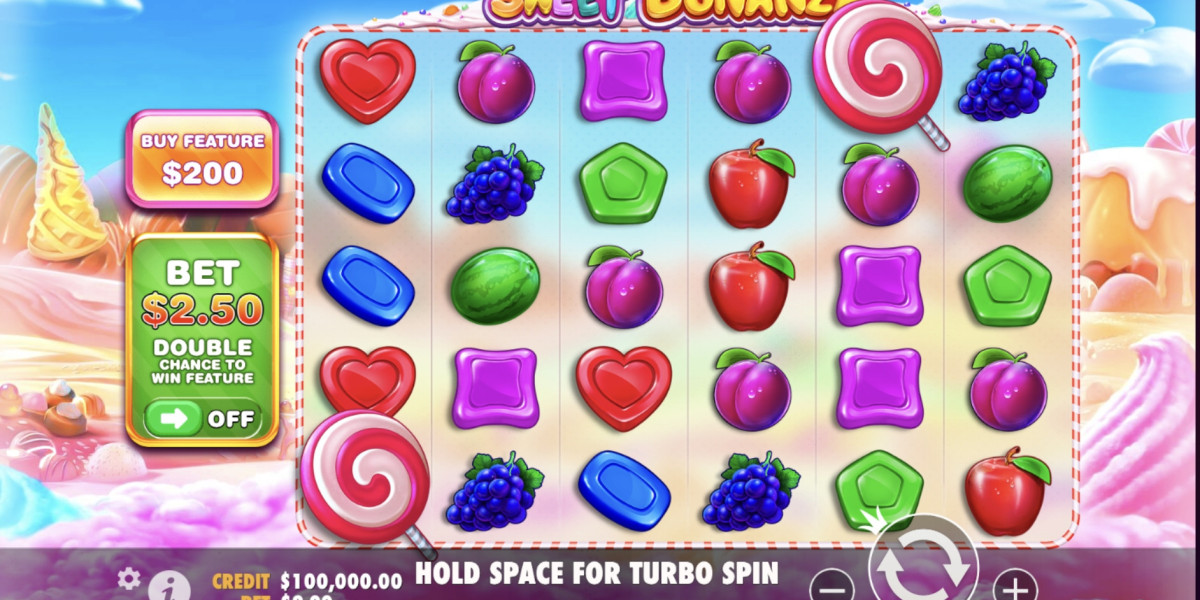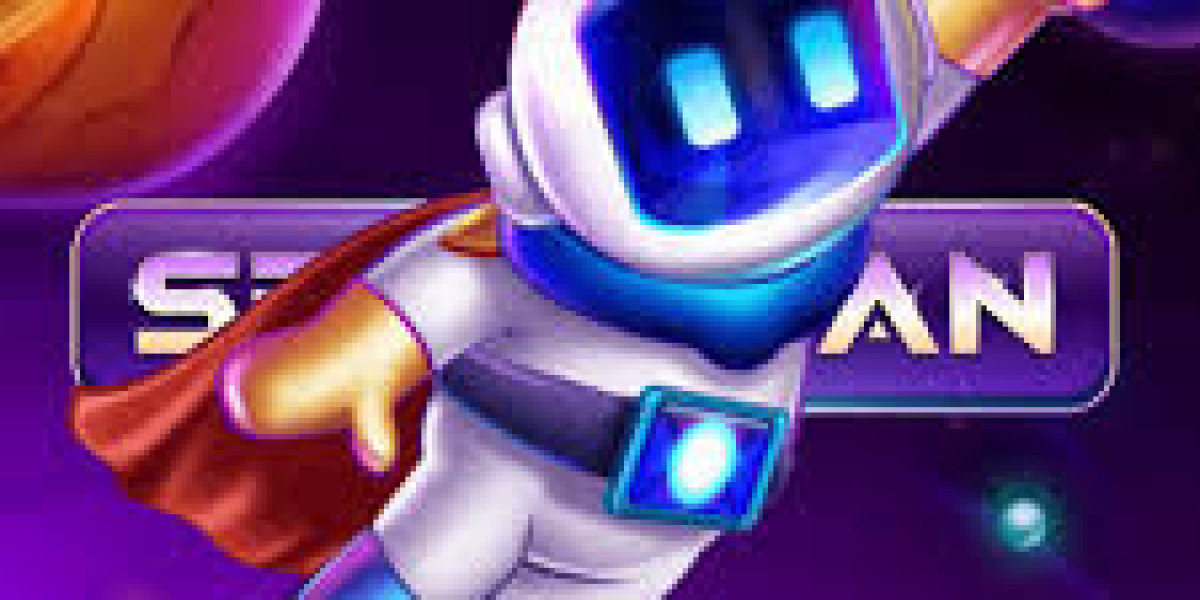Nostalgia runs deep for the era of licensed video games, particularly those straightforward titles developed to capitalize on recent movies and TV shows during earlier console generations. Many of these titles were budget-friendly and often poorly crafted, such as Superman 64, the E.T. game for Atari, or Terminator Salvation. Yet, amid these, some titles have achieved legendary status; Rare’s GoldenEye, for example, is celebrated not only as an outstanding movie tie-in but also as a groundbreaking game that reshaped the industry.
While it might seem that licensed games have vanished from the scene, that’s not entirely accurate. The perception of their disappearance mainly pertains to the smaller, quick-developing, heavily marketed, and directly movie-inspired games of the past. In reality, licensed titles have become more pervasive than ever, dominating the gaming landscape.
Today, virtually every major franchise or media property has its own licensed game, making the concept of a game that isn’t tied to some form of licensed content increasingly rare. This shift reflects how integrated licensed productions are in the current gaming ecosystem, turning the idea of a game not based on a licensed property into a rarity itself.
The landscape of video games has become increasingly intertwined with popular media, reflecting the dominance of major entertainment franchises. The Marvel Cinematic Universe, renowned as the world's largest film franchise, has left its mark on gaming in numerous ways. While titles like Marvel’s Avengers and the now-retired Marvel’s Spider-Man stand out, the Marvel brand extends further into various projects such as Guardians of the Galaxy, Midnight Suns, and upcoming titles like Blade, Wolverine, and Marvel 1943: Rise of Hydra. Notably, a new Iron Man game is in development, distinct from earlier licensed adaptations based solely on his film appearances. Additionally, Marvel's presence is felt through mobile and casual games like Marvel Snap and Marvel Mystic Mayhem.
Similarly, DC Comics has a rich history of gaming adaptations. The acclaimed Batman Arkham series by Rocksteady set a high standard, complemented by the Telltale Batman episodes. Other notable titles include Gotham Knights, Suicide Squad: Kill the Justice League, and the fighting game Injustice. The franchise's influence continues as Warner Bros. is actively exploring new live-service DC titles, despite ongoing lessons from past ventures.
While some argue that comic book adaptations are separate from traditional licensed media, it's hard to ignore the impact of Hollywood’s stars and movies in boosting interest. For example, Margot Robbie's portrayal of Harley Quinn significantly heightened public attention toward the Suicide Squad. Beyond superhero universes, the realm of licensed games expands to include classics and contemporary hits. There are popular Friday the 13th games, a new installment in development, and a multitude of Harry Potter titles that have captivated fans. The Bond franchise is set to return with a new game from IO Interactive, promising a fresh take on the iconic spy. Star Wars dominates the market with numerous titles across genres, alongside adaptations of Lord of the Rings, South Park, Mad Max, and Avatar: Frontiers of Pandora. Independent developers like Bithell Games have contributed with titles based on Tron and John Wick, while Alien Isolation remains a standout horror experience. Even projects like Rebel Moon and a game based on the unfranchised film Barbarian illustrate how pervasive franchise culture has become.
In essence, nearly every major media property now finds its way into the gaming world, proving that in today's entertainment industry, everything is a franchise.
Over the past decade, licensed video games have not only persisted but have become dominant in the industry. This surge is largely driven by the escalating costs associated with game development and developers' increasing reluctance to venture into uncharted creative territory. Tying games to well-known intellectual properties—such as blockbuster movies, hit TV series, and popular comic book characters—serves as a strategic move to capture the attention of established fanbases.
However, this reliance on licensing comes with significant financial risks. Licensing agreements can be extraordinarily costly; for instance, reports from Bloomberg highlighted that Insomniac's partnership with Marvel involved a staggering $621 million investment up to 2035, covering the development and marketing of titles like the Wolverine game and the third Spider-Man installment. Such hefty expenses mean that studios failing to meet these high revenue expectations often face closures and project cancellations. Notable examples include Cliffhanger Games’ Black Panther project and Monolith’s Wonder Woman game, both of which were abandoned after years of development.
Licensing has become a deeply entrenched business model within the gaming industry. As of 2023, many industry observers expressed fatigue with the cycle of remakes, reboots, and the repeated use of familiar IPs. This trend shows no signs of slowing, with most new releases aiming to be franchises or tie-ins rather than original creations. While this approach minimizes financial risk for publishers, it raises questions about sustainability. The fear of commercial failure has led major companies to shy away from innovative ideas, preferring instead to capitalize on nostalgia and existing brands. In this environment, the once-common practice of releasing smaller, less costly tie-in titles has given way to a landscape dominated by blockbuster licenses—an evolution driven by financial necessity rather than creative ambition.
What are Marvel Rivals and Marvel Rivals Lattices?
Marvel Rivals Lattices serve as the premium currency in Marvel Rivals, allowing players to unlock exclusive content like special skins, emotes, and other unique cosmetics to enhance their gameplay experience. Unlike rewards earned through regular play, Marvel Rivals Lattices must be purchased with real money, making them highly sought after by those eager to access limited-time items and Battle Pass features. Players can easily obtain Marvel Rivals Lattices by topping up through reputable gaming trading platforms such as LootBar, which offer secure and convenient purchase options. This system enables fans to customize their heroes and showcase their style in every match.
Why Choose LootBar.gg to top up Marvel Rivals?
If players are looking to top up Marvel Rivals Lattices, they may want to consider using the lootbar game trading platform for a seamless and secure transaction experience. lootbar.gg stands out as a dedicated service platform designed to meet the needs of gamers worldwide, offering a professional approach to in-game currency purchases. With support for more than 60 popular games, including Marvel Rivals top up , players can rely on lootbar for a wide variety of gaming services tailored to their preferences.
One of the major advantages of choosing lootbar.gg is its commitment to safety, convenience, and customer satisfaction. The platform provides around-the-clock customer support, ensuring that any concerns or questions are addressed promptly, no matter the time zone. Additionally, lootbar offers multiple payment options, making it easy for players from different regions to complete their Marvel Rivals top up efficiently and securely.
Beyond its reliable service, lootbar also delivers exceptional value through frequent discounts and promotions, with Marvel Rivals Lattices sometimes available at up to 20% off. Players not only benefit from competitive prices but also become part of a vibrant community through lootbar’s blog and Discord hub, where they can access the latest guides, event news, and connect with fellow fans. This makes lootbar.gg an excellent choice for anyone wanting to enhance their Marvel Rivals experience while enjoying great savings and community engagement.
How to top up Marvel Rivals at LootBar?
To top up Marvel Rivals Lattices on the LootBar trading platform, start by visiting the official LootBar website at https://lootbar.gg . Once you're on the site, set your preferred language and currency, then log in to your account. Next, navigate to the Home page and look for Marvel Rivals under the Top-Up section. Here, you’ll need to provide your Marvel Rivals User ID to ensure the correct account receives the Lattices.
After entering your user ID, select the desired amount of Marvel Rivals Lattices you wish to purchase. Proceed by choosing a payment method that suits you best and click on the "Pay Now" option to complete the transaction. By following these steps, you can quickly and securely top up Marvel Rivals and enjoy all the in-game benefits that come with your new Lattices balance.
